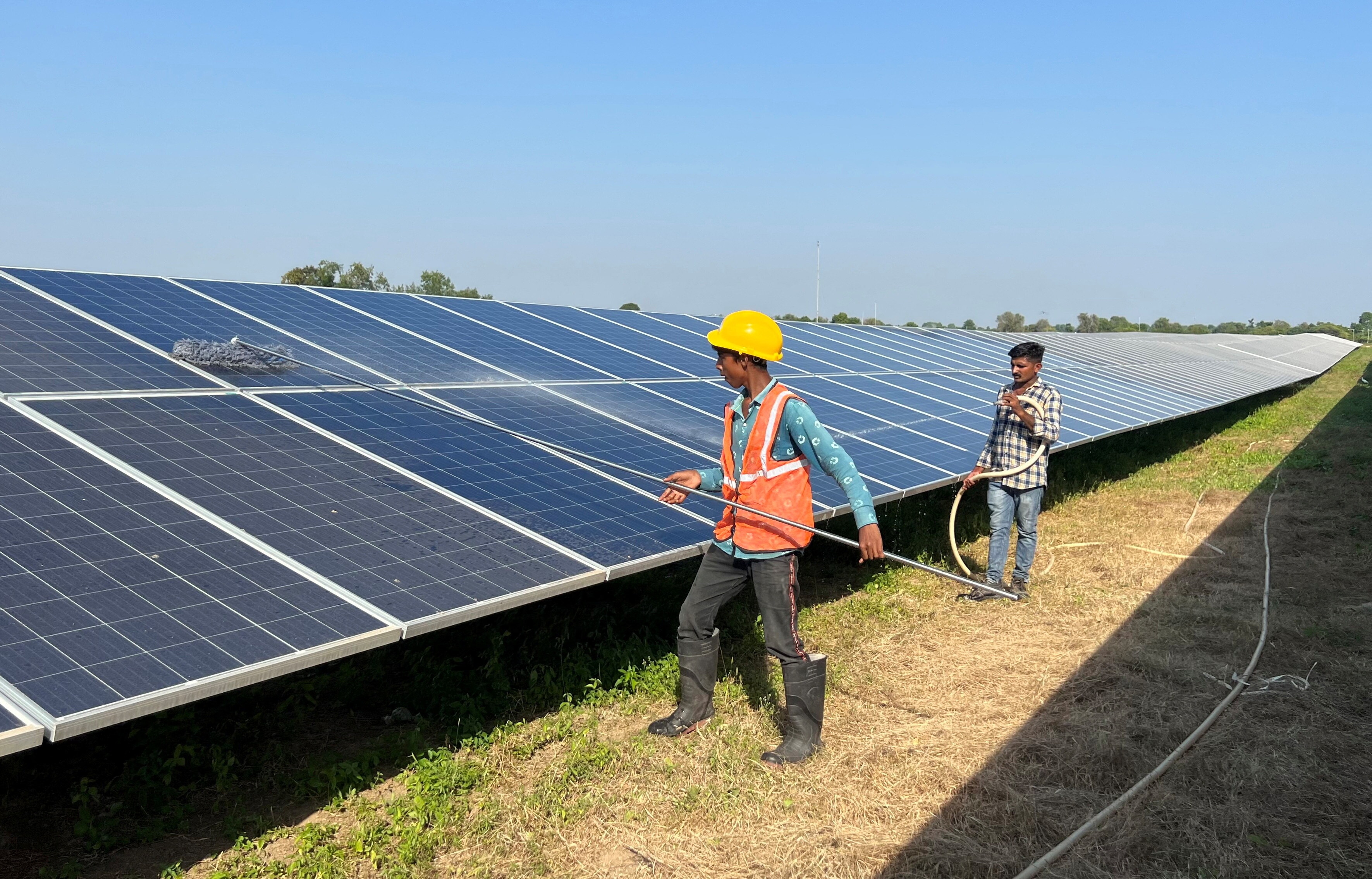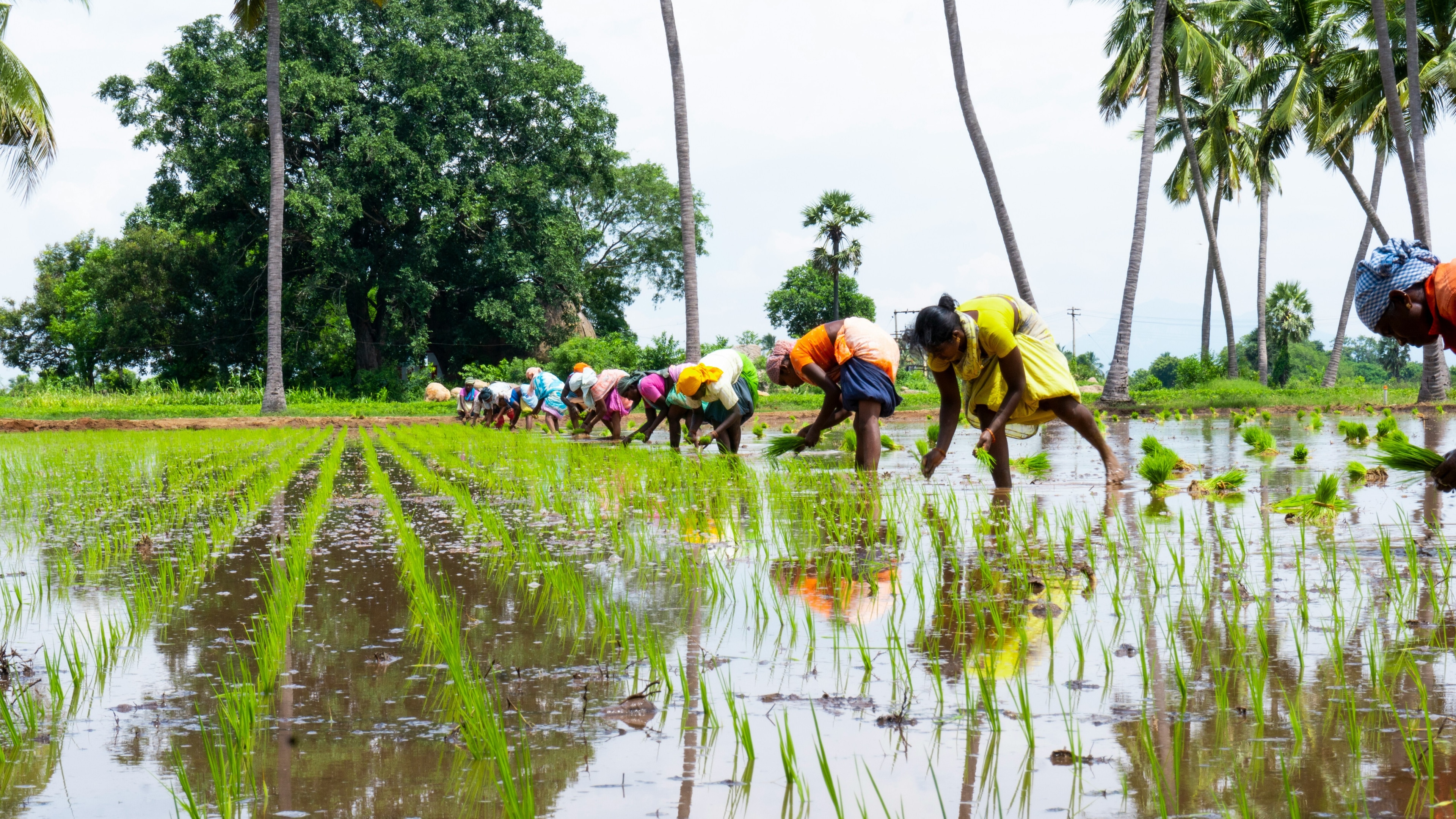#MeQueer is taking Twitter by storm
Thousands of LGBT people took to Twitter to detail their experiences.
Image: REUTERS/Dado Ruvic
Stay up to date:
Gender Inequality
It started with an angry tweet. But by Wednesday, the #MeQueer hashtag had morphed into a global online storm with thousands of LGBT people taking to Twitter to detail their experiences of verbal abuse, sexual attack and physical violence.
Comments ranged from criticism of media representation to descriptions of assault.
"Nearly crying because you saw yourself represented in a tv show for the first time," wrote @LizKilljoy.
"Being beaten so hard that your nose bleeds like hell for just coming out as trans to your dad," tweeted @homolordt.
Taking inspiration from the #MeToo movement's spotlight on sexism and sexual violence, Hartmut Schrewe, a Brandenburg-based writer, first used the #MeQueer hashtag on August 13.
"My husband is my husband and not my buddy. #Homophobia#MeQueer," he tweeted.
Schrewe told the Thomson Reuters Foundation by email on Wednesday that he had been moved to act by a telephone conversation between his husband and a colleague in which Schrewe was described as his partner's "buddy".
"I had had enough," he said. "I wrote about this on Twitter and then the hashtag went viral."
Schrewe said he was overwhelmed by the response, with posts pouring in from around the world.
"It is wonderful that so many queer people have shared their experiences," he said.
"We need to be more visible and loud. I hope this can reach Uganda, where being queer can kill you, or countries like Russia, Indonesia, Iran or Turkey, where being queer is so dangerous.
"I never expected #MeQueer to get so big."
Last month, the British government published a survey of some 110,000 LGBT people in which two in five said they had experienced verbal or physical violence in the past 12 months.
According to British LGBT rights group Stonewall, 53 percent of trans people aged between 18 and 24 suffered some form of abuse over the same period.
Elsewhere in Europe, statistics are difficult to find as many countries, such as Ireland, do not have specific hate crime legislation.
Violence against LGBT people is still "really widespread", said Nick Antjoule, head of hate crime services at Galop, a British LGBT anti-violence and abuse charity.
The rise of social media had acted as a catalyst, he added.
"Online hate speech is a huge problem alongside the rise of the far right," Antjoule said.
A spokeswoman for Brussels-based LGBT rights group ILGA-Europe said that over the summer there had been reports of attacks on gay communities in Northern Ireland, Greece, Armenia and Lithuania.
"This underlines why the introduction and full implementation of LGBTI-inclusive hate crime laws across the European region is so vital," she said.
Don't miss any update on this topic
Create a free account and access your personalized content collection with our latest publications and analyses.
License and Republishing
World Economic Forum articles may be republished in accordance with the Creative Commons Attribution-NonCommercial-NoDerivatives 4.0 International Public License, and in accordance with our Terms of Use.
The views expressed in this article are those of the author alone and not the World Economic Forum.
Related topics:
Forum Stories newsletter
Bringing you weekly curated insights and analysis on the global issues that matter.
More on Equity, Diversity and InclusionSee all
Joan-Paula Bor and Kathleen Schmeler
October 6, 2025
Piyush Verma and Abhinav Jindal
September 25, 2025
Aarti Lila Ram
September 25, 2025
Mark Esposito and Ava Fitoussy
September 22, 2025



